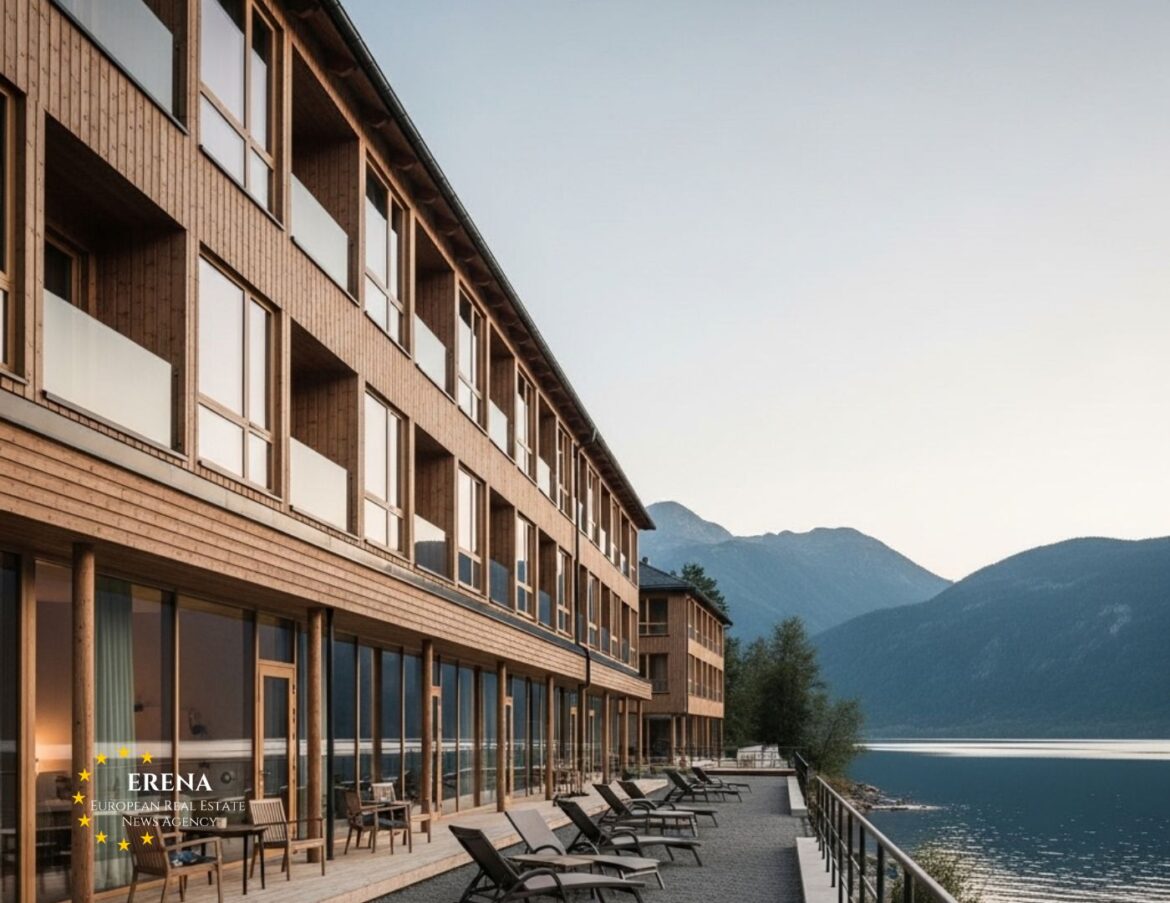In one of the largest European hotel real estate transactions in recent years, a group of Scandinavian investors has signed a €1.4 billion agreement to acquire a significant portfolio of properties from Dalata Hotel Group. The deal marks a major expansion of Nordic capital into Western Europe’s tourism infrastructure and underscores sustained investor interest in hospitality assets despite economic uncertainty across several markets.
Deal Overview
The acquisition includes over 40 properties owned by Dalata Hotel Group—the largest hotel operator in Ireland, known for its Maldron and Clayton brands operating across Ireland, the UK, and increasingly, continental Europe. The buyers are a coalition of institutional investors from Sweden, Norway, and Finland, operating through a Copenhagen-based joint venture.
Under the terms of the deal, the buyers are acquiring not only the hotel properties but also the operational control of a portion of the assets. Sources close to the negotiations indicate the total transaction value is approximately €1.4 billion, which includes both the real estate and hotel operating entities.
Dalata will continue to operate select hotels through leaseback and franchise agreements, retaining operational control of several flagship assets in Dublin, Belfast, and London.
Strategic Context
For the Scandinavian investors, the deal represents a logical extension of their diversification strategy into resilient and income-generating asset classes. The hospitality sector remains attractive thanks to tourism recovery, a rebound in business travel, and improved occupancy performance post-pandemic.
According to CBRE, average hotel occupancy rates in major European cities reached 70–75% in 2024, nearing pre-pandemic levels. RevPAR (revenue per available room) for Dalata’s Clayton and Maldron brands rose by 6.2% year-over-year in 2024, making them highly appealing from an investment standpoint.
Financing and Partners
The investment consortium, led by Norway’s NREP and Sweden’s Balder Group, financed the transaction through a mix of equity and debt. Leading Nordic banks, including Nordea and SEB, provided credit facilities for the acquisition. Though precise lending terms remain undisclosed, analysts estimate borrowing costs in the 3.8%–4.2% range annually.
Finland’s pension fund Ilmarinen also participated in the deal, drawn by the long-term lease income and operational stability offered by the hospitality assets.
Geographic Footprint
The acquired portfolio spans Dalata’s core markets in Ireland and the UK—most notably in Dublin, Manchester, Birmingham, Glasgow, and London. Additionally, newly opened properties in Amsterdam, Frankfurt, and Brisbane (Australia) are included, offering geographic diversification and international growth potential.
High-performing properties include several Dublin hotels near the airport and central railway station, with RevPAR exceeding €145 in 2024. Manchester hotels also stand out, with weekend occupancy levels regularly reaching 82%.
Dalata’s Future Plans
Despite the asset sale, Dalata Hotel Group remains an independent operator and plans to expand further. The company intends to open new hotels in Munich and Lisbon by 2026 and is also exploring potential expansion into Nordic markets in collaboration with its new investor-partners.
Dalata CEO Dermot Crowe commented:
“This transaction allows us to unlock capital for growth while preserving our operational leadership and brand identity. We welcome this strategic partnership and view it as a long-term alliance.”
Market Reaction
Following the announcement, Dalata’s shares on the Irish Stock Exchange rose by 6.1%, reaching €5.42 per share—their highest point since early 2023. Investors welcomed the deal as a sign of the company’s stable model and the institutional confidence it inspires.
Still, analysts caution against overexuberance, noting ongoing macroeconomic headwinds, including inflation, rising borrowing costs, and possible shifts in consumer demand.
Hospitality Investment Trends
This deal reflects a broader trend among institutional investors to focus on high-yielding operational assets such as hotels, student housing, and build-to-rent residential developments. According to JLL, European hotel investment volumes reached €12.6 billion in the first half of 2025, a 14% increase from the same period in 2024.
Scandinavian funds, in particular, are targeting stable cash-flow-generating assets with low operational volatility, making lease- or franchise-operated hotels a preferred choice.
Conclusion
The €1.4 billion acquisition of Dalata Hotel Group’s portfolio by Scandinavian investors marks not only a milestone for the company itself but also signals a broader shift in the European hotel real estate landscape. Nordic capital is doubling down on hospitality as a long-term investment, betting on tourism resilience and income stability.
For Dalata, the transaction frees up capital, reduces debt exposure, and allows a renewed focus on brand development and international expansion. For the broader market, it’s a strong indicator that hotel real estate remains a robust, desirable asset class in the post-pandemic economic era.

